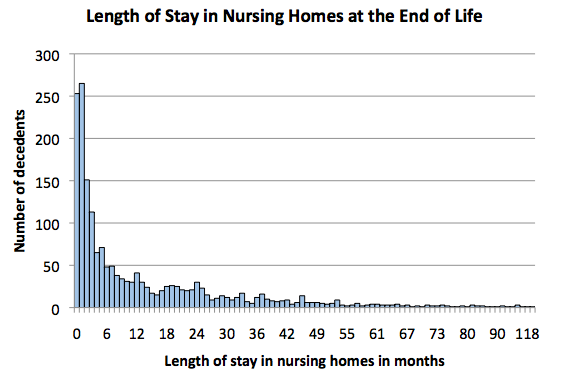I suggest to my middle-class friends that they look into it - especially those who can take advantage of company- or government-offered LTCi.
If they decide not, that is their decision. It's always an individual choice.
I don't think of myself as a cautious or fearful person. In fact, I'm pretty careless about things (don't ever look at my "to be filed" stack, LOL). But I worked a good part of my career in life, health, and reinsurance. Yup, I can tell you stories.
I don't drive without auto insurance. I wouldn't go without homeowner's insurance. Yeah, we have quake and umbrella liability policies, too.
I figure why would I not insure myself and Spouse, especially against something that could seriously damage our lifestyle? We aren't rich enough to self-insure. Period. HSAs were not available to us during our working years.
My widowed MIL was house-rich and cash-poor. We suggested to her she sell her beloved home, and six years later (no nagging, honest), she decided to.
That money - a full $1M profit - ensured she could have her choice of where to live in her old age, and had she lived long enough to require SCN for her dementia, she still would never have run out of $$$$.
But that profit was for one person. Split in half, it wouldn't have been so effective as a backstop - especially if both wife/husband eventually needed care.
That's why thorough financial planning is so necessary. I can't tell you how many widows I've met who KNEW their spouse's SocSec check would eventually end, yet were shocked and surprised to find they didn't have enough money any longer for their current lifestyle.
I can throw up my hands and offer all the sympathy in the world, but that won't help them. I cannot eliminate risk in our life, but I can damned well mitigate it as much as possible.


